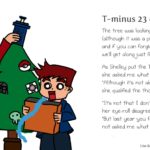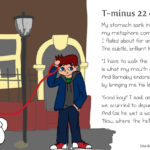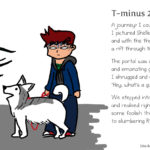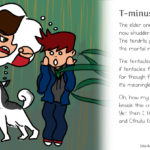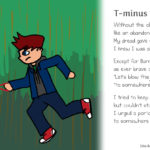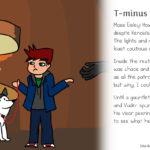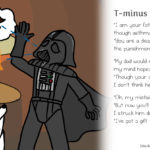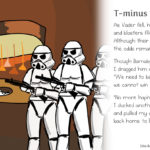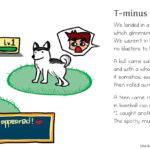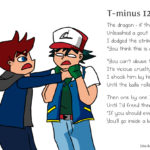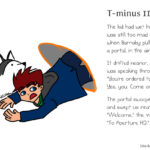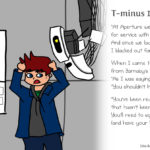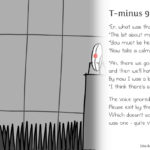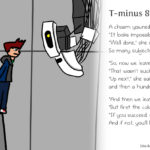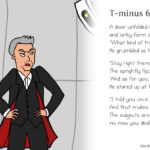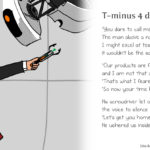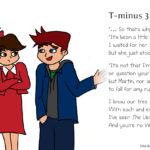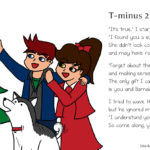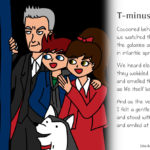 What matters context, save Perspective’s key,
What matters context, save Perspective’s key,
When contemplating dull captivity?
For words would take unmitigated flight;
But knowledge binds them into black and white.
And so, ascribing malice to the spheres –
Expecting that to dry the convict’s tears –
May err in fact, while still remaining true:
His weeping may to other cause be due.
So in this case, the context is your claim,
And your perspective is itself to blame:
You sigh at fate, and pin it on the stars,
While he escapes by looking through the bars.
—
I wrote this piece in response to a #FieryVerse prompt on Twitter, using the following excerpt from The Canterbury Tales, beginning line 1083:
For Goddes love, tak al in pacience
Our prisoun, for it may non other be;
Fortune hath yeven us this adversitee.
Som wikke aspect or disposicioun
Of Saturne, by sum constellacioun,
Hath yeven us this, al-though we hadde it sworn;
So stood the heven whan that we were born;
We moste endure it: this is the short and pleyn.’
The prompt used this translation:
For God’s love, take things patiently, have sense,
Think! We are prisoners and shall always be.
Fortune has given us this adversity,
Some wicked planetary dispensation,
Some Saturn’s trick or evil constellation,
Has given us this, and Heaven, though we had sworn,
The contrary, so stood when we were born.
We must endure it, that’s the long and short.
The passage comes from The Knightes Tale (autocorrect is having a field day with Chaucer) and is spoken by Arcite, who seeks to console his fellow prisoner Palamon. [SPOILERS?] Palamon has just seen Emelya in the garden, and completely lost his shit because her beauty is overwhelming. Arcite hears the cries, assumes they’re the despair of incarceration, and tries to console his cellmate with the above cheery passage about predestination.
It was a challenge to shift from the more comfortable Shakespearean ABAB rhyme scheme to Chaucer’s rhyming couplet pentameter, but a fun one: would play again.
 What matters context, save Perspective’s key,
What matters context, save Perspective’s key,
